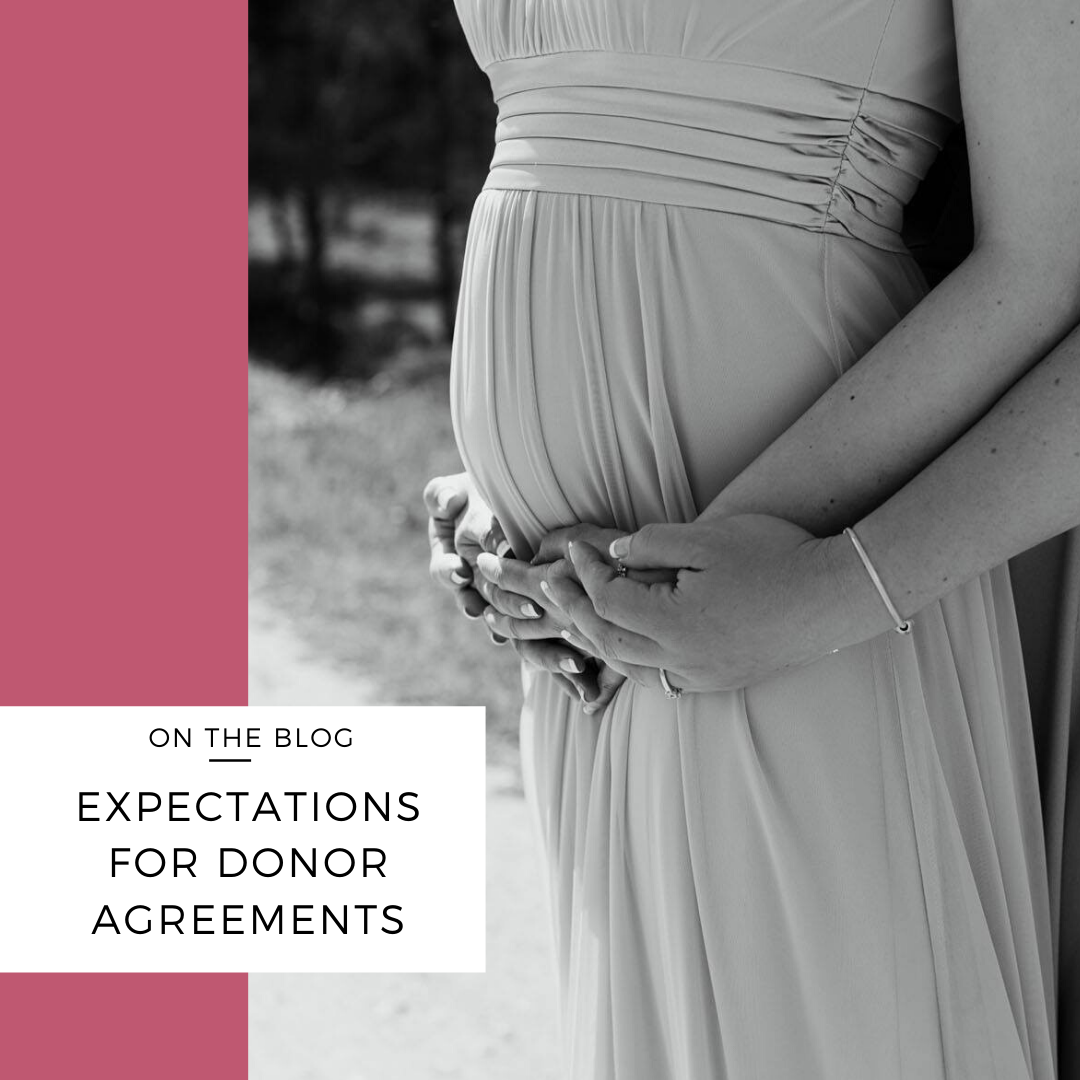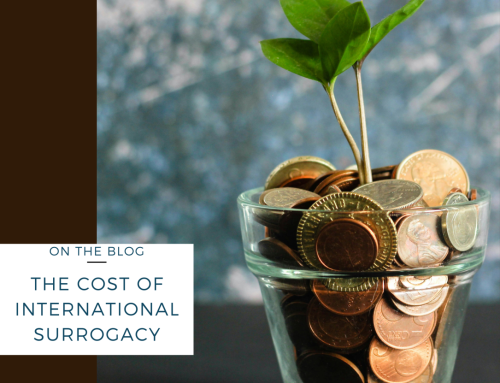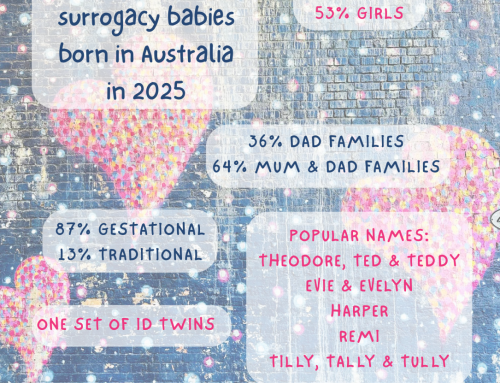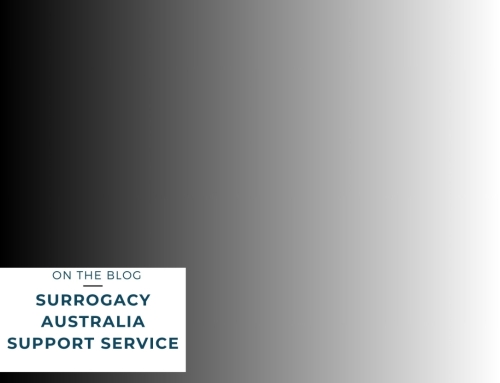Expectations for Donor Agreements
When entering a donor agreement, it is important for the parties to talk about their intentions and expectations, before attempting to become pregnant. Whether the donor is a friend, family member or someone you have met for the purpose of entering a donor agreement, setting expectations is really important to make sure that you’re all on the same page, and to avoid conflict and problems later. These expectations and intentions can also be incorporated into a written agreement.
Many of my clients ask me for guidance on what the donor and intended parents should discuss, so I’ve come up with a list to get you started. The list is neither exhaustive or prescriptive – you can pick the things that are important to you, add your own, and leave the rest. The important thing is to discuss the intentions and expectations together as a team, so that you know where each of you stands on the issues.
Expectations for donor agreements can be broadly divided into a few different categories:
- Pre-Conception & Planning
- Pregnancy and Birth
- Relationships and Contact
Pre-Conception & Planning
- Time frames and limitations
- Legals – which lawyers and when
- Counselling – clinic or private
- If/when to tell others of the plans
- Social media sharing and tagging
- Conception – ART or home insemination
- Medical tests (STI and genetic testing)
- Number of pregnancy attempts
- Geographical logistics
- Political views
- Expenses
- Future plans for more children
Pregnancy and Birth
- Communication about results
- Termination of pregnancy
- Involvement of donor in pregnancy, appointments, scans
- Genetic and diagnostic testing
- Social media announcements, sharing, tagging
- Announcing pregnancy to others
- Photos and information-sharing
- Counselling and mental health support
Relationships and Contact
- Vaccinations
- Medical treatment (including circumcision)
- Religion and faith
- Parenting styles and philosophies
- Contact arrangements – visits, timing frequency, logistics
- Photographs and sharing with others
- Social media sharing and tagging
- Paperwork for birth registration
- Ongoing future contact
- Sharing the story with the child
- Child’s access to information about the donor and other donor-conceived offspring
- Language and roles for the donor and others – Uncle, Donor, cousin, diblings (donor-sibling)
- Extended family contact and relationships
- Other donations and future plans
- Contact and information-sharing with other donor-conceived offspring and their families
- Dispute resolution (mediation, counselling etc)
You might like to download this template worksheet to help you discuss the list of expectations with your team.
What do you think? Do these lists help you talk with your donor or recipients about your expectations and intentions? I’d love to hear your feedback.
It is important to get individual legal advice before entering a donor arrangement. I provide advice for the intended parent/s or the donor, and can draft or review a Donor Agreement with you. You can read more about my services.
You can read more about Donor Agreements, and why donor conception is no longer anonymous. You can also listen to Podcast episodes with donor counsellor Kate Bourne from VARTA. Are you considering entering into an arrangement with someone you met online? You might like to read this post about conceiving with an ‘unknown’ donor, or listen to this episode with Gail Pascoe, who conceived her child with a donor.
If you would like to discuss donor agreements in more detail, you can book in a consult below.








